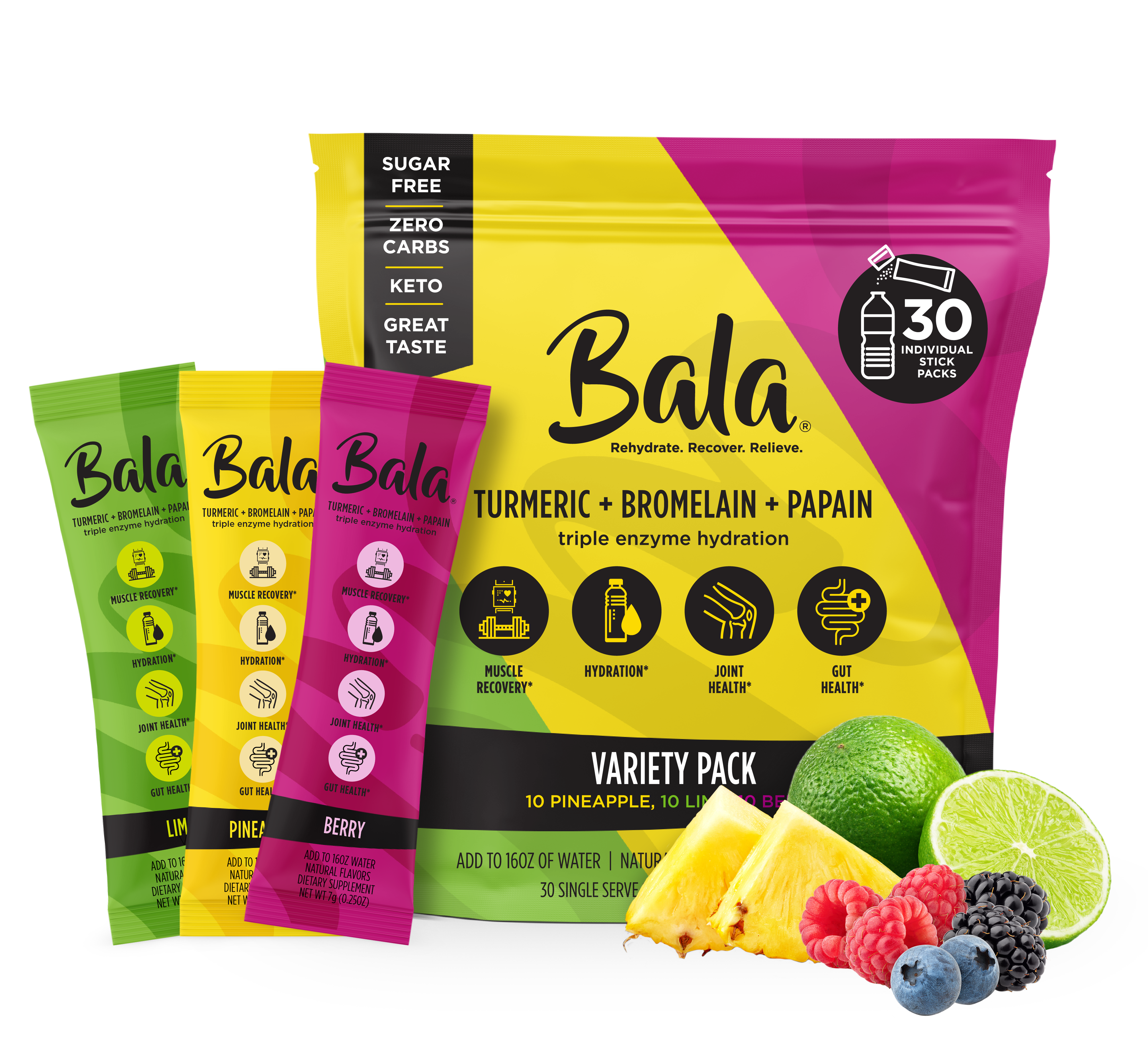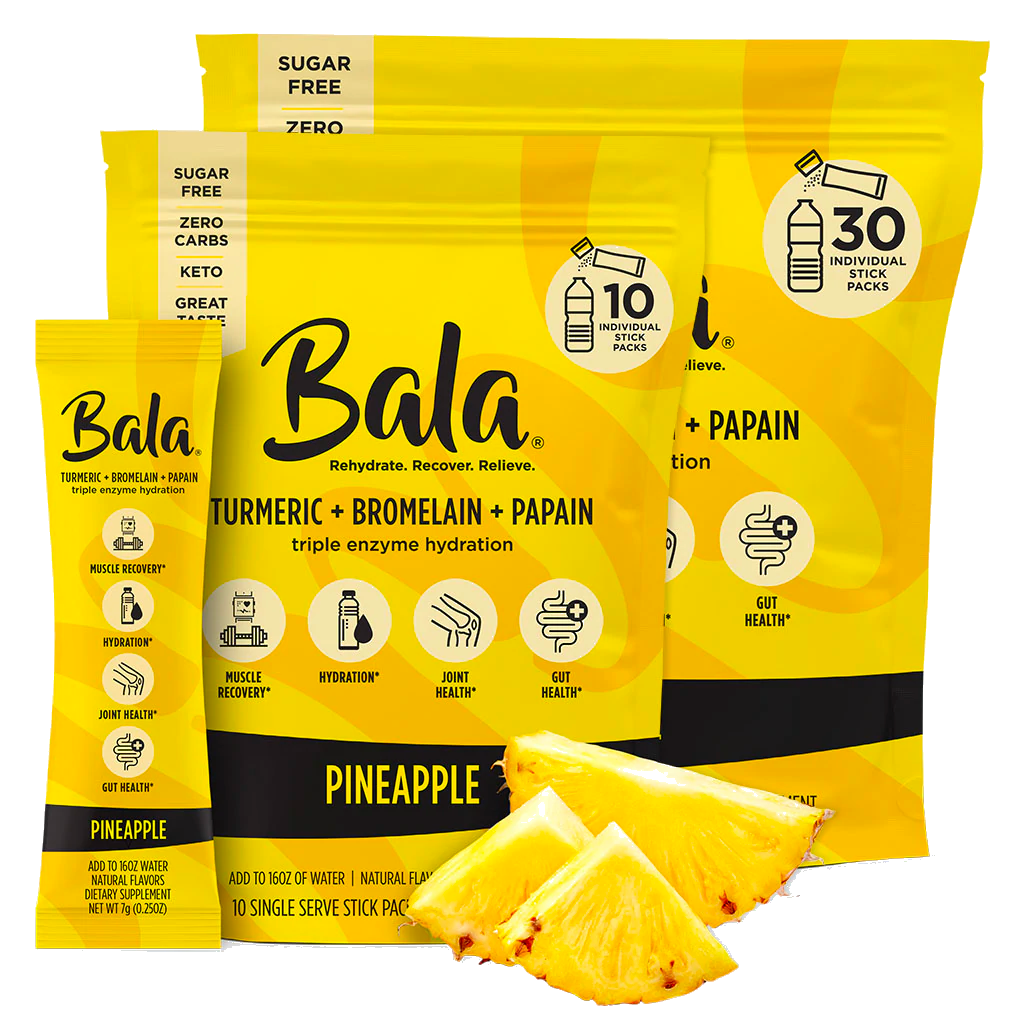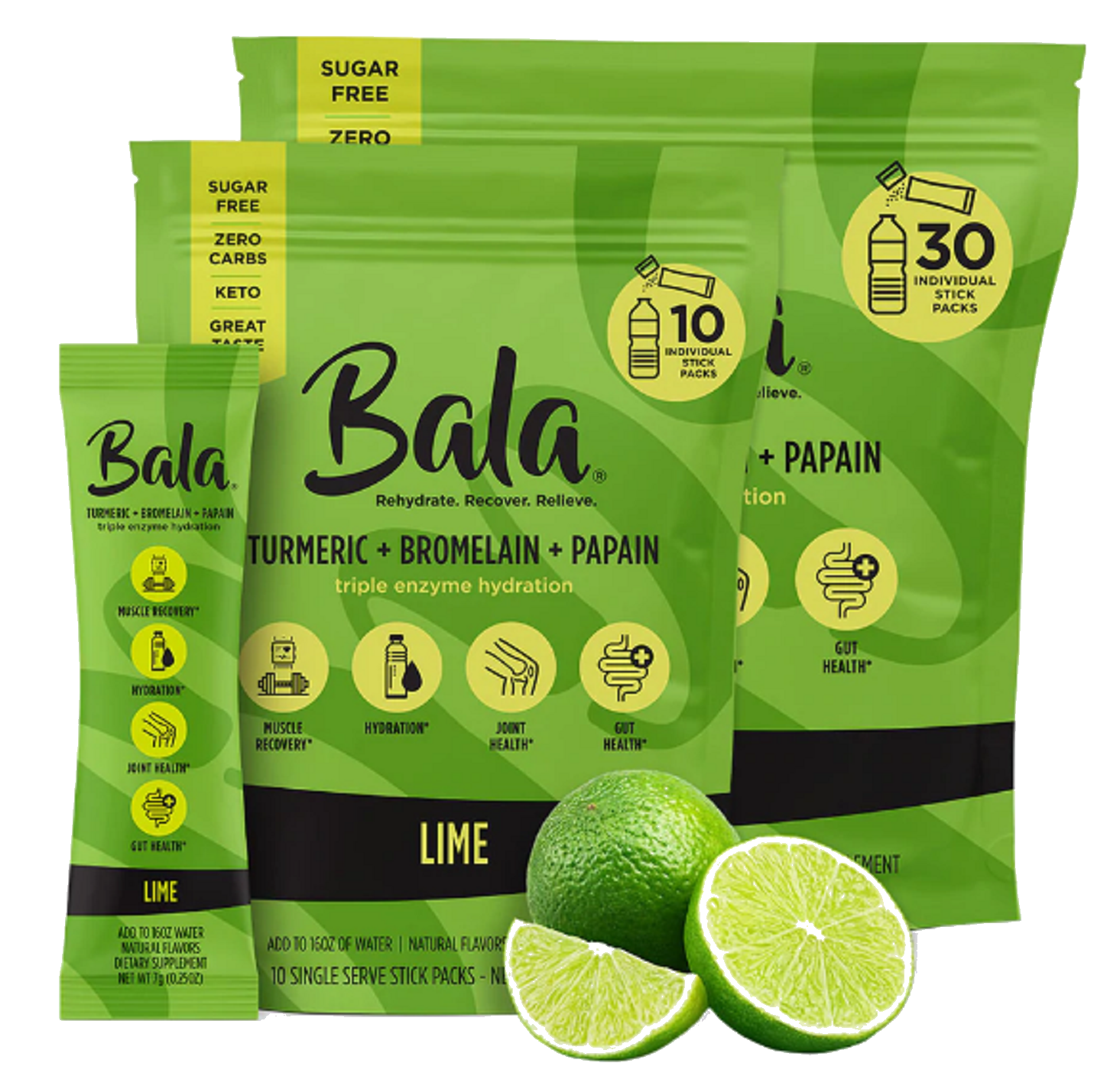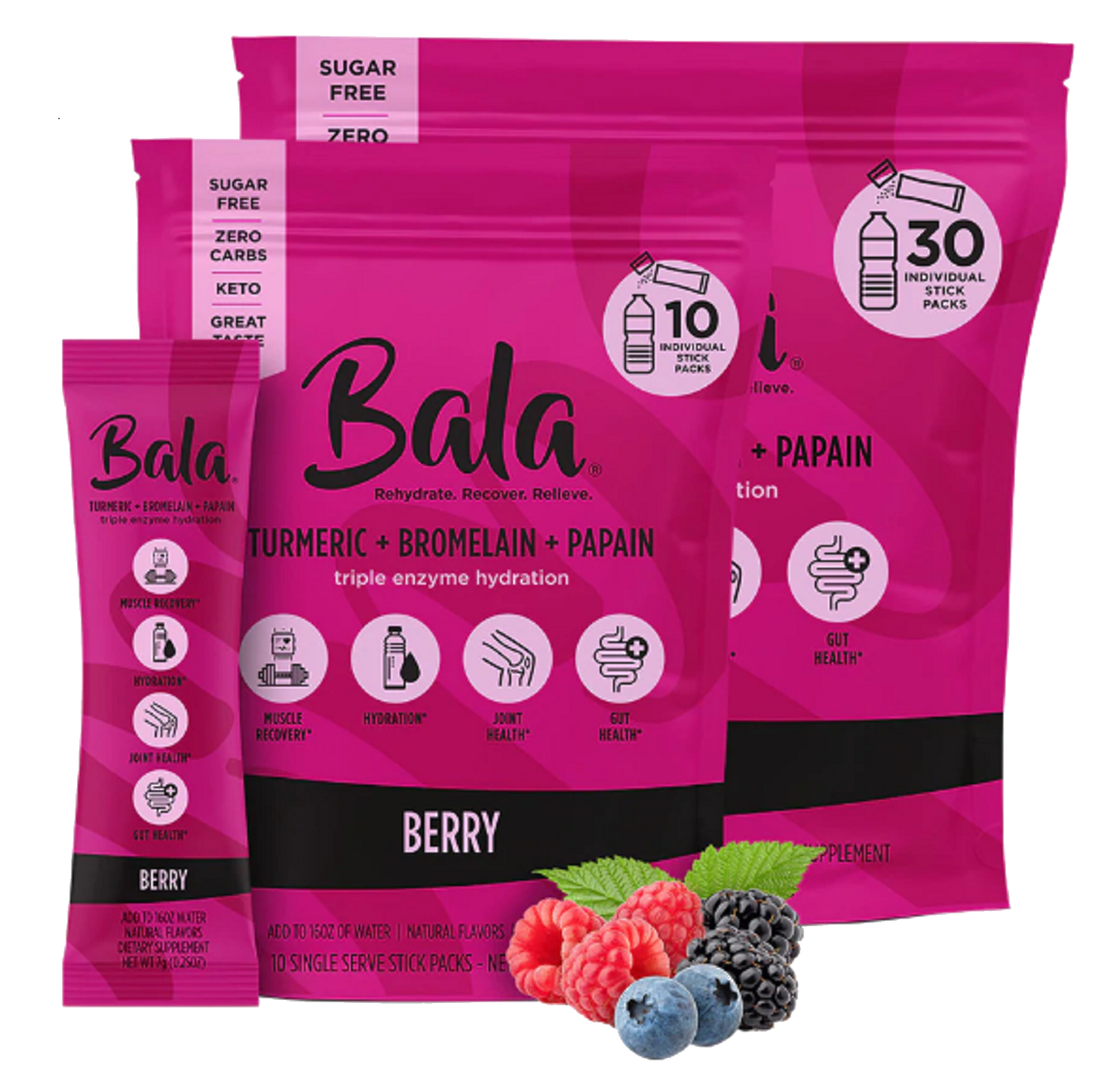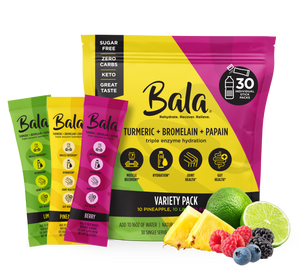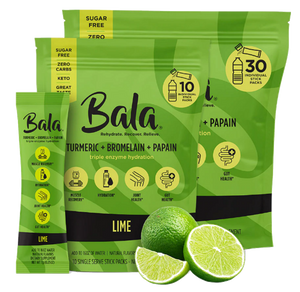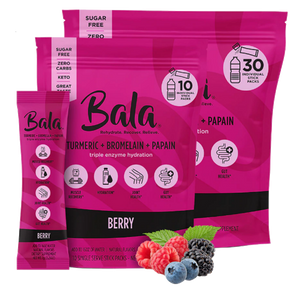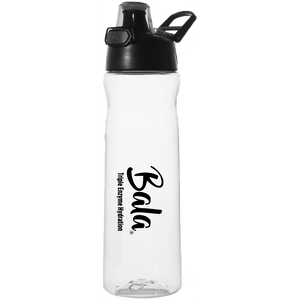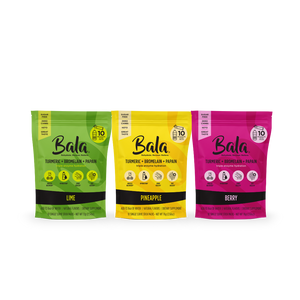Winter Dehydration vs Summer Dehydration
Dehydration sets in when the body loses more water than it takes in.
Many people associate dehydration with humid summer days and overexertion in the heat, but you can easily get dehydrated in cold weather. In fact, staying hydrated during the winter months is usually more difficult than staying hydrated in the summer.
Cold weather causes dehydration because cold air is much drier and it doesn’t retain moisture like warm air. You can get dehydrated in the winter even more than in the summer and the risk increases if you regularly participate in cold weather sports or outside activities. Drinking enough water is easy to remember during the summer, especially when higher temperatures and outdoor pursuits make you sweat. People don’t necessarily associate dehydration with cold weather, so they may be less likely to stay hydrated during the winter. Your body does not sense thirst as well when it’s cold outside so you tend to drink less fluids. We sweat less in cold weather and you may not notice how much water you lose because you are bundled up in extra clothing and your sweat vaporizes quickly in the cold. Physical activity in cold weather increases fluid loss because of heavier and deeper breathing. Being less thirsty doesn’t mean that you’re better hydrated. Your body still loses moisture in cold weather, and without excessive sweat as an indicator, you might not realize you need to drink more to replenish fluids.
Environmental humidity plays a role with central heating causing drier indoor environments during the winter, which can lead to increased water loss simply from breathing. Rule of thumb? If you're not sweating, you probably are dehydrated.
While we know we need to replace lost electrolytes during hot summer months, it should always be on our mind during winter months, too. Your body needs hydration and a complete electrolyte balance year-round to function properly. Signs of dehydration and electrolyte deficiency include headaches, muscle cramps, fatigue, weakness, irregular heartbeat, dizziness and confusion. Additionally, excessive thirst, dry mouth and infrequent urination may indicate dehydration and an electrolyte imbalance.
The hydration rules that apply in the summer also apply in the winter. Drink water and replenish fluids, especially during and after physical activity. Don’t rely on thirst to tell you when you need to up your fluid intake. You don’t have to just drink water; there are many warm beverages like herbal tea, hot cocoa, soup or hot cider. Add foods which contain high levels of water to your meals including fruit (melons, pineapple and berries) and vegetables (cucumbers, lettuce, tomatoes). Try to cut back or avoid alcohol and caffeinated drinks, as these can cause dehydration.
So here is what we know. Dehydration is accelerated in cold weather. You are bundled up against the cold, and you are sweating into the insulated clothes you are wearing. You don’t drink as much water. Holiday beverages may contain alcohol which is extremely dehydrating.
How do you stay hydrated? Drinking Bala instead of other beverages which are high in calories and sugar provides the needed hydration with the added bonus of providing you with necessary electrolytes. If you normally carry water with you during the summer, continue the habit through the winter. Keeping Bala in a refillable water bottle to sip on all day will help you to stay hydrated year-round.
